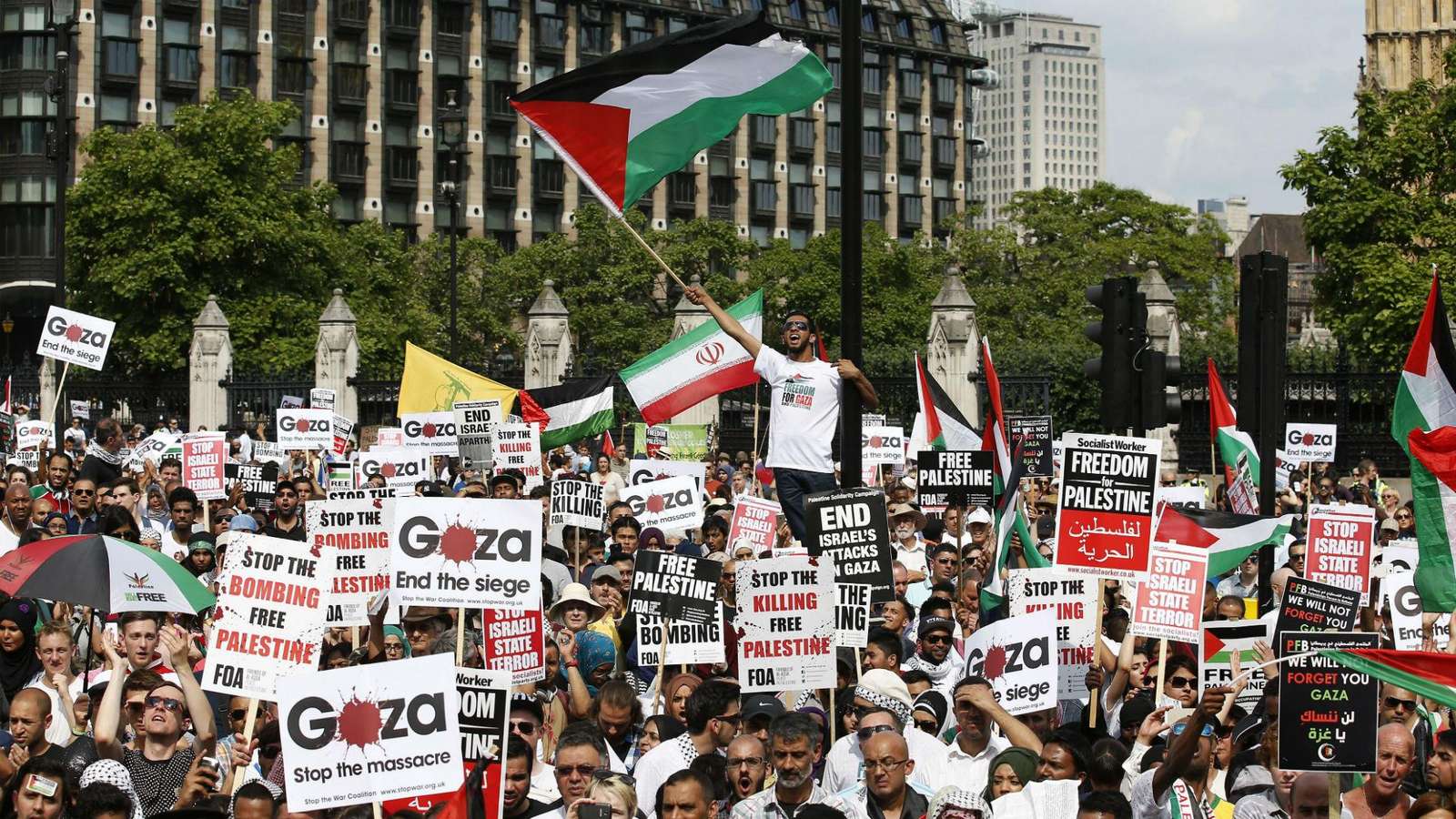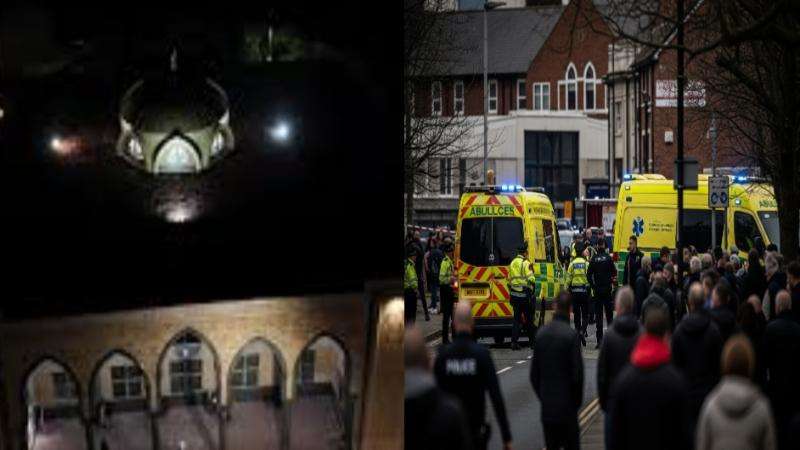When Amadou Traoré was assigned to an army base in western Mali, his family felt reassured knowing he was far from the jihadists who were ravaging other parts of the country, destroying towns and killing hundreds.
The Kayes region, where he was stationed, had so far been spared from the relentless terrorist attacks that led the US and UN to label Mali and its neighbors as the new global epicenter of terrorism.
But that fragile peace was shattered this month. Traoré’s family awoke to news of coordinated assaults in seven towns and cities across the region.
“Immediately, I called his wife: ‘Have you heard from Amadou?’” his father, Ousmane, recalls. At the same time, social media was flooded with images of devastation unfolding in an area that had long been considered safe.
As the family spent hours trying to reach the army officer on his mobile, his phone first rang without answer, then went straight to voicemail.
“It was the next day that his wife called to tell me she had been contacted and informed that her husband was dead,” the retired teacher told The Telegraph.
“And that’s how we found out. I learned, and then I told his mother, I told his brothers.”
Ousmane’s son had been killed by the same al-Qaeda-linked group that has been wreaking havoc across Mali, Niger, and Burkina Faso — one of the deadliest militant organizations in the world.
In May alone, Jama’at Nusrat al-Islam wal-Muslimin (JNIM) was responsible for killing about 850 people across the three countries, according to data from the US-based Armed Conflict Location and Event Data (ACLED) project.
This surge in violence has marked one of the bloodiest periods in the Sahel’s recent history, raising fears about the region’s stability at a time when its military regimes have broken ties with former Western allies.
After more than a decade of insurgency and mass displacement, there are growing concerns that the violence is pushing southward, toward coastal West Africa.
US General Michael Langley, the top American commander in Africa, warned that reaching the coast is one of the terrorists’ goals.
“If they secure access to the coastline, they can fund their operations through smuggling, human trafficking, and arms trading,” he explained.
Although Mali’s government was able to repel JNIM’s coordinated attacks on July 1, the group’s advance into the Kayes region represents a significant shift in the conflict, according to analysts.
Experts say the militants appear to be moving from traditional rural guerrilla tactics to a strategy aimed at seizing territory around cities and asserting political control over the Sahel.
Southwestern Mali is not only a strategic gateway to Senegal and Mauritania but also contains much of the country’s gold resources.
Ulf Laessing, head of the Sahel program at the Konrad Adenauer Foundation, said Mali still has relatively strong control over its southwest compared to other areas, but JNIM’s latest offensive could stretch the army thin.
“JNIM is trying to establish a presence in southwestern Mali near the Senegal border, which had been relatively quiet,” he told The Telegraph.
“The region is strategically important because Mali’s main supply route for imports from Dakar runs through Kayes and western Mali.
“I think JNIM is trying to open a new front, forcing the army to divert soldiers from the north and center to the south.”
Mali has been in turmoil since the early 2010s, when Tuareg separatists and Islamist factions took over Timbuktu, Gao, and other northern towns.
French forces initially managed to push them back, but Paris soon became bogged down in a grinding counterinsurgency, strained by poor relations with the Malian government.
The violence then spilled over into Niger and Burkina Faso. In 2017, JNIM was formed through a merger of jihadist groups, including al-Qaeda in the Islamic Maghreb (AQIM).
With an estimated 6,000–7,000 fighters under the leadership of Iyad Ag Ghaly, JNIM has become the region’s most powerful militant group.
Ghaly, a former rebel leader in the Tuareg uprisings of the 1990s, led Ansar Dine, one of the factions that briefly seized northern Mali in 2012. His ultimate aim appears to be imposing Islamic rule across the Sahel.
Recent military coups in Mali, Niger, and Burkina Faso have exploited popular anger over the failure to contain JNIM.
But while the new juntas have expelled Western forces — particularly former colonial power France — and turned to Russia for support, the violence has only intensified.
The juntas and their Russian mercenary allies have also been accused of alienating the population by committing atrocities in their efforts to stop JNIM’s advance.
“The parties are fighting a war of attrition,” said Ibrahim Yahaya Ibrahim of the International Crisis Group. “The jihadist groups are expanding in rural areas, while government forces and their Russian allies maintain control of urban centers.”
Meanwhile, JNIM has reportedly become more sophisticated in its battlefield tactics, deploying anti-aircraft weapons and drones.
The group finances itself through raids, cattle theft, hijacking goods, kidnappings, and levying taxes on local communities.
In areas under its control, it has enforced a harsh interpretation of Sharia law, obliging women to wear veils and men to grow beards.
Mr. Traoré said his son’s death demonstrated just how powerful JNIM has become. He believes that dialogue is the only way to end the conflict.
“It will take time,” he said, “but in my opinion, negotiations, dialogue, that’s what we need to consider.
“Because we’re tired of this war. Attacks here, killings there, more deaths. Really, we’ve had enough. Enough.”



.jpg)
.jpg)


.svg)

.jpg)
.jpg)